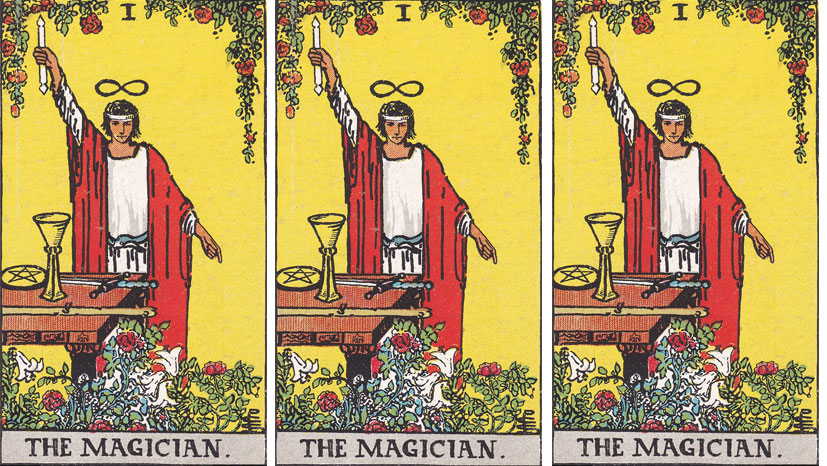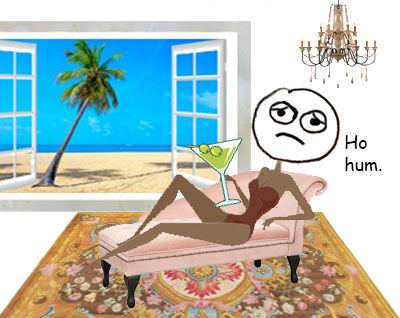
I’ve edited a few dozen fantasy novels, and authors who can make a thrilling story when there’s magic involved have my profound respect. I’m going to spend a couple posts talking about magic when writing fiction because, quite frankly, it’s trickier than a lot of authors, particularly new authors, think it is.
Not Talking about Copying the Classics
I need to make it clear this series is for authors who want to make up new magical systems in their universes. There’s nothing wrong with writing a Tolkien-inspired fantasy with dragons and White Walkers—oops! I mean Orcs. Harry Potter is far from fiction’s first wizard student. Vampires, werewolves, witches, and psychics have all become multimillion-dollar industries, and they’re fun.
But the experience I want to share here is more for those who want to make up something new, or at least create a twist on a classic. Think about Pullman’s dæmons, McCaffrey’s thread, and Lewis’s backless wardrobe.
Get a free sample proofread and edit for your English document.
Two professional proofreaders will proofread and edit your English document.
The Secret to Powerful-Looking Magic Is Its Limitations
For this first post in the series, we’ll start with the most important aspect of good fictional magic I can think of: establishing its limitations.
This rule is so important because the issue is so basic. Stories are about conflict. Magic that can do anything destroys conflict.
Melinda has a magic wand that can do anything? Here comes a dragon! ZAP! Dragon dead. Here comes a genocidal megalomaniac. ZAP! Megalomaniac dead. Oh no! We’re trapped in a cave with a bomb. ZAP! No bomb. In fact, now we’re sipping martinis at the Ritz.

Before your book has its first magical battle and before your characters take a magic carpet ride, you have to explain what the magic cannot do. You can explore later what the magic can do within those boundaries, as long as you never violate them.
Let’s use some classic examples:
Great effort, training, and costs to one’s well-being are themes of magic limitations, from Harry Potter to the Arthurian legends to “The Little Mermaid” (short story and film) to Star Wars.
Wait Up. Star Wars?
OK, first, yes, Star Wars is a science fantasy movie (or a series of movies if you’re not an old fart like me). But it’s such a well-known example of doing a great job of establishing magic limitations and then violating them that I can’t help it.
Magic limitations: The Force binds the universe together, and Jedi can use their discipline after lengthy, rigorous training to draw strength from the forest (nature, by implication). But the dark side of the Force is quicker and easier. A Jedi uses the Force for increased physical and mental abilities, including mind tricks on the weak and using a lightsaber without being able to see. Ultimately, a Jedi can use the Force to ascend to a higher plane of existence.
Magic limitations broken: Rey does a lot of that without the training. It’s the main criticism of her character and The Force Awakens.
There aren’t many other famous examples of violating magic’s code because, frankly, those are bad stories that don’t get popular. I can think of two examples from recent films: Neo’s sudden and unexplained ability to be powerful outside the Matrix and the host of sudden powers Wonder Woman pulls from nowhere in Wonder Woman 1984.
But then, with special effects and good-looking actors, movie audiences tend to forgive that sort of thing more than book readers, who have no such distractions.
Think of It Like a Game
Ultimately, a well-organized conflict is a game (think chess, if you like, or World of Warcraft, if you prefer). You have to set up the rules and stick by them. In fact, learning the rules is part of the fun.
Moreover, those rules need to make the game a challenge. The greater the challenge (i.e., the more restrictive the rules), the more powerful the magic seems when it overcomes those challenges.
Power must come with a price, and that price must be paid. If not, then you’re just playing in God mode, which can be fun for a while, but is ultimately pretty dull and deeply unsatisfying.
Julia H.
Get a free sample proofread and edit for your English document.
Two professional proofreaders will proofread and edit your English document.
Get a free sample proofread and edit for your document.
Two professional proofreaders will proofread and edit your document.
We will get your free sample back in three to six hours!